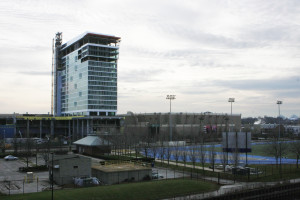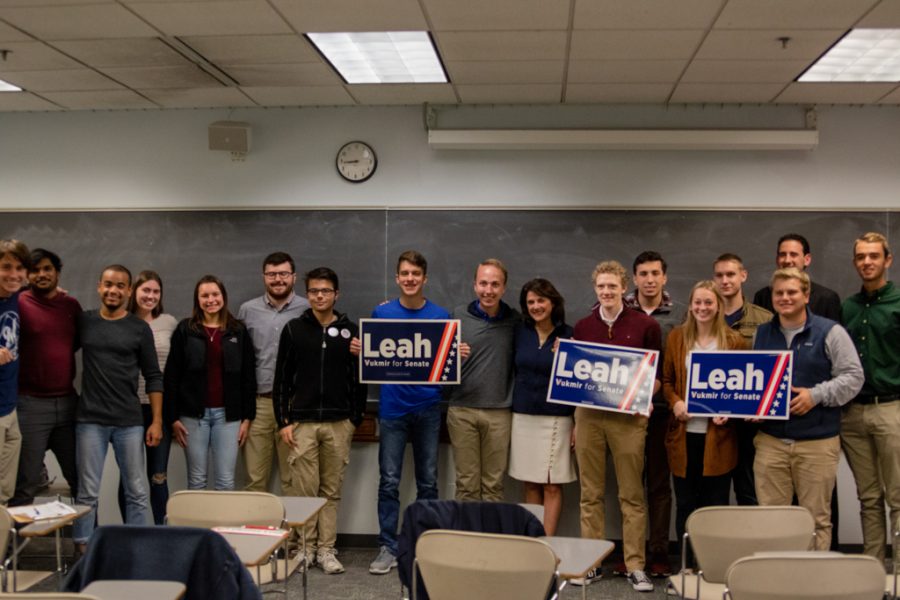
With a proposal looking to build a new casino in Kenosha, the state of Wisconsin is looking into the impact a potential casino would have, while also looking at concerns of American Indian tribes.
Gov. Scott Walker hired law firm Dykema Gossett late last year to study legal and other issues surrounding the Menominee Tribe’s bid to open a casino complex to be financed and managed by Hard Rock International, which is owned by the Seminole Tribe of Florida. The state of Wisconsin agreed March 27 to pay the law firm $1.5 million to study the proposed project.
Alison Barnes, a Marquette law professor, said in an email that one of the problems often overlooked of having a casino is that gambling can become a public health issue.
“There are people who are or become addicted to gambling,” Barnes said. “They cannot stop without extreme effort and help, and may spend all available resources before they seek help or have it imposed on them. This has costs for treatment and criminal interventions. We’ve known this and limited gambling in many ways.”
Barnes added that despite a decent amount of posturing, casinos are not always good influences on a community.
“The revenue from entertainment and nightlife becomes part of the money needed to make the community viable, even though the casino operates for its own profitability,” Barnes said. “It, and its management, are not benevolent stewards looking out for everyone.”
Russell Shaw, the director of the Department of Public Safety said that despite these concerns, Marquette has no major problems with students going to the Potowatomi casino that is adjacent to campus.
“Potawatomi does a great job with their security on their property and is a good neighbor to MU,” Shaw said.
The U.S. Department of the Interior approved the original $800 million proposal for the Kenosha casino in August. Federal laws, however, allow Walker to have sole authority to approve or veto the casino.
Other tribes in the area such as the Potawatomi and Ho-chunk voiced concerns regarding the proposal, mainly that a new casino would create a new competitor that would have an impact on the overall economy, the job market and on existing casinos owned by Indian American tribes.
Concerns voiced by the community are also prevalent, although public opinion in favor of a tribal casino in Kenosha.
In a poll conducted at the University of Wisconsin-Milwaukee in December, a random telephone survey found 53 percent of registered voters said Walker should approve the casino, while 32 percent said he should block it.
The Menominee and Potawatomi tribes argued about the proposal over jobs, with the former saying the project will bring new employment to southeastern Wisconsin, while the latter said it will kill jobs in Milwaukee.
Potawatomi lobbyist Ken Walsh criticized the poll conducted by UWM in an interview with the Milwaukee Journal Sentinel. He said the poll did not reflect the position of the Potawatomi and “that this project is going to end up sending hundreds of millions of dollars to the out-of-state interests that are associated with it.”
Walker originally said he would decide on the issue last year but repeatedly changed his self-imposed deadlines.
Walker is required to decide the matter by the end of August, although he recently asked the Department of Interior to extend his deadline by half a year, a move that would push the deadline beyond the November gubernatorial election.





